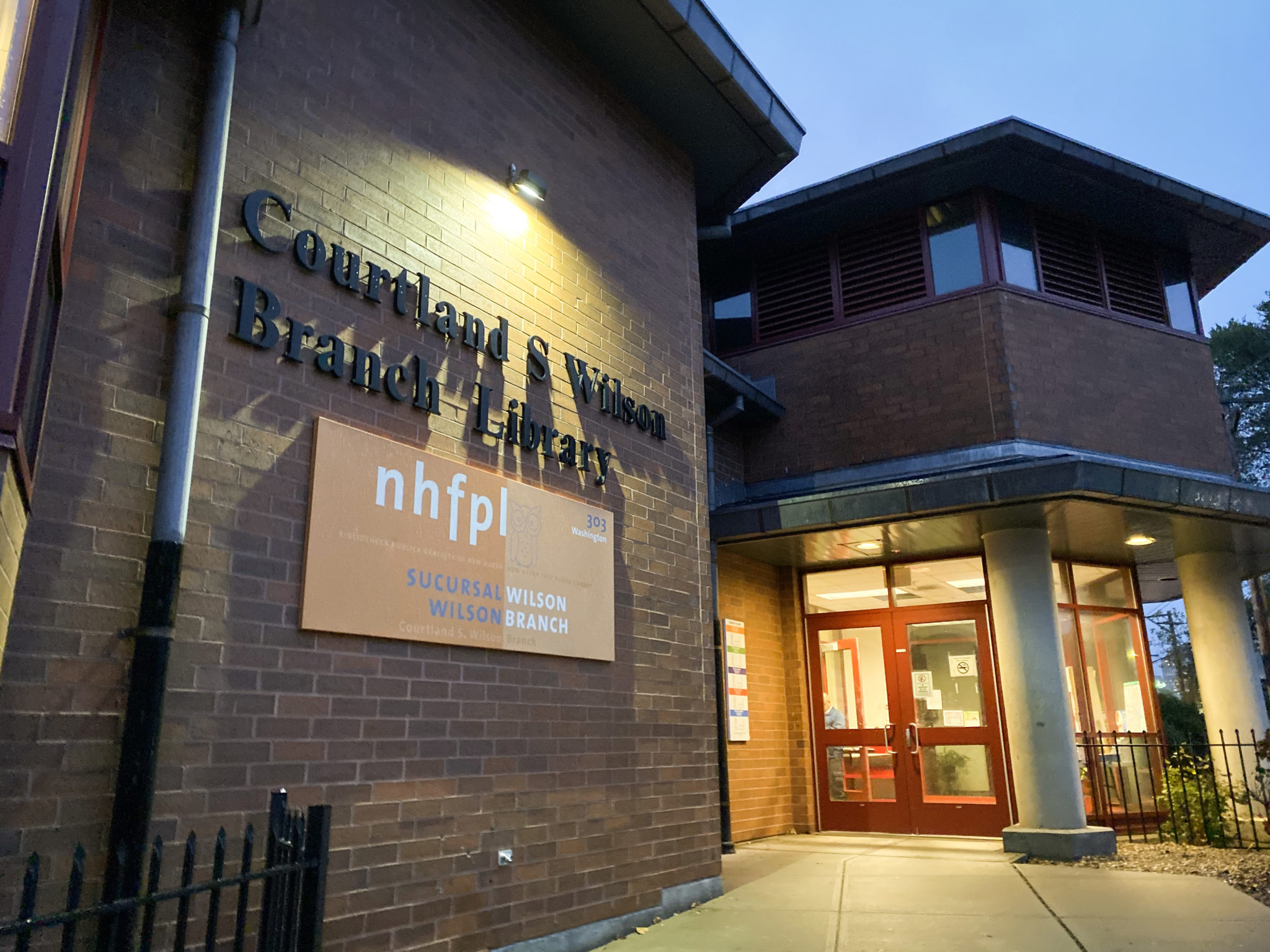
Rebecca Huang
The Elm City is seeing a new wave of computer scientists — some that are as young as eight years old.
At various locations in the city, elementary school and middle school girls come together every week to learn computer science. These students are participants of a nationwide program called Girls Who Code, a nonprofit committed to closing the gender gap in technology and empowering women in computer science.
“Girls Who Code is an initiative based on the fact that there are just not enough female coders,” said Karina Gonzalez, director of the Girls Who Code program at Wilson Library. “Women are vastly underrepresented, so really the engine of the program is to encourage women to join the tech field.”
Founded in 2012, Girls Who Code offers free programs for students of all ages, ranging from third grade to college. The program itself has a general structure, but individual branches have the freedom to adapt to their students’ specific needs.
The organization provides each branch with a curriculum, textbooks and up to $5,000 in financial grants to make the program more accessible more accessible for low-income communities. The program also teaches young students the importance of giving back to their communities, according to Gonzalez.
“They really believe in getting rid of a lot of the barriers that come into play when dealing with low income areas,” Gonzalez told the News. “They want as many people as possible to be able to participate.”
Since its founding, Girls Who Code has expanded to schools and libraries all around the country. This fall, the organization was implemented in five different New Haven public libraries, including in the Fair Haven Library, Ives Main Library, Mitchell Library, Wilson Library and Stetson Library.
The programs at the libraries are funded by The Community Fund for Women and Girls, the only endowment in New Haven dedicated to the social and economic advancement of females.
According to the Girls Who Code website, only one in five computer science graduates are women, and the number of women in computer science jobs has decreased from 37 percent in 1995 to 24 percent in 2019.
The increasing gender gap is particularly troubling in light of recent news about hiring discrepancies, including Amazon’s AI hiring tool last year that penalized applicants for containing the word “women,” according to Reuters.
Women in computer science often face challenges that discourage them from entering the technology sector. Speaking from her own experience, Gonzalez said that women are often heavily scrutinized and made to feel like they don’t belong in the field.
“It’s important to teach women to love these subjects early so they enter higher education with greater confidence and a sense of self-belief,” said Carolyne Newman ’21, who is pursuing a career in computer science.
One way the program seeks to encourage young girls is to expose them to influential women in STEM they can look up to. The program directors at the Ives Main Library branch share stories about path-setters like Grace Hopper and Caroline Herschel to teach young girls that women can succeed in STEM just as much as men.
Jennifer Gargiulo, co-director of the program at the Ives Main Library location, told the News that she hopes the program will give girls the confidence to pursue computer science as they grow older.
“Our goal is to get these girls to recognize that they can be represented in [a computer science] classroom … and that if you’re the only girl in that class, you still rock it,” she said. “And you still work your butt off just like all of the boys would.”
Each of New Haven’s five Girls Who Code programs will continue in 2020.
Rebecca Huang | r.huang@yale.edu







